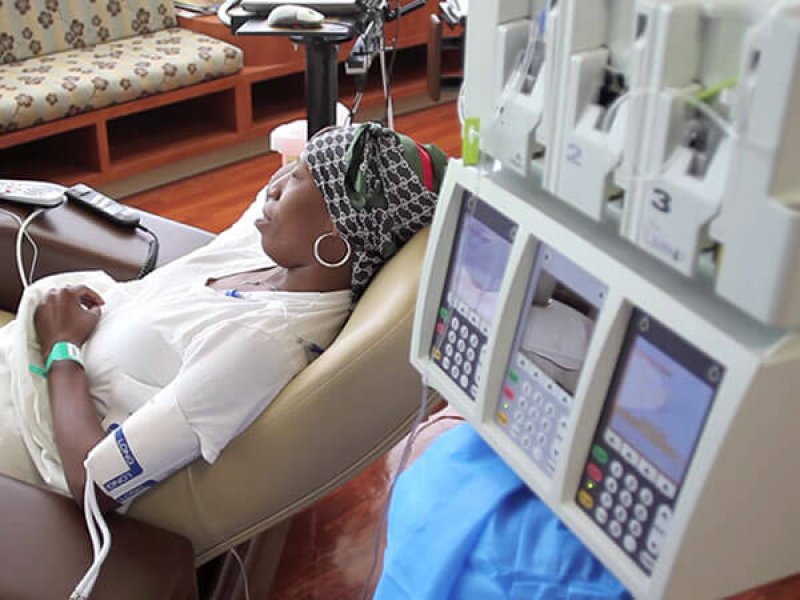Cancer cells develop resistance to the powerful chemicals deployed to destroy them. Even if cancer therapies kill most of the cells they target, a small subset can survive, largely thanks to genetic changes that render them resistant. In advanced-stage cancer, it’s generally a matter of when, not if, the pugnacious surviving cells will become an unstoppable force. [Radiologist Robert] Gatenby thought this deadly outcome might be prevented. His idea was to expose a tumor to medication intermittently, rather than in a constant assault, thereby reducing the pressure on its cells to evolve resistance.
…
To test this idea, Gatenby got permission in 2014 to run a trial on advanced-stage prostate cancer patients.
…
The benefit of adaptive therapy appeared to be huge. Of the 11 men in the study, one left the trial after his disease spread, but most were living longer than expected without their cancer progressing. Men getting continuous dosing of Zytiga go a median of 16.5 months before the cancer becomes resistant to the drug and spreads. In comparison, the median time to progression for the men receiving adaptive therapy was at least 27 months. Moreover, they were on average using less than half of the standard amount of Zytiga.
Read full, original post: A clever new strategy for treating cancer, thanks to Darwin































